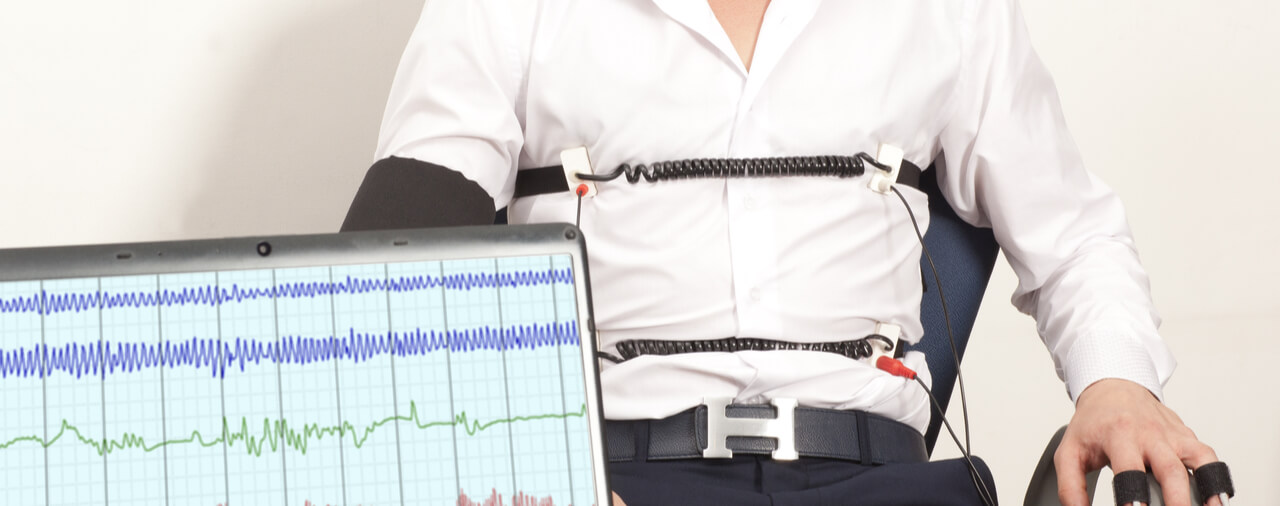On August 10, 2017, the Department of Homeland Security (DHS) Office of Inspector General (OIG) released a report showing that the U.S. Customs and Border Protection (CBP) spent more than $5,000,000 on polygraph exams for job applicants who had already admitted to disqualifying criminal acts and/or drug use prior to the polygraph exams [PDF version].
The DHS OIG analyzed 380 polygraph exams administered to applicants between 2013-2016. Nearly 20-percent of those who were administered the polygraph exams had previously admitted to criminal activity or drug use that disqualified them from being hired at CBP, regardless of the results of the polygraph exams. The CBP’s own data indicated that approximately 2,300 applicants who took polygraph exams admitted to disqualifying offenses or factors prior to their exams, including:
Illegal drug use;
Drug smuggling;
Human trafficking; and
Having close personal relationships with people who commit such crimes.
The DHS OIG noted that each polygraph exam costs taxpayers $2,200, thus explaining the estimated high cost associated with the useless exams.
The DHS OIG attributed the problem to the CBP’s failure to consistently use its on-call adjudication process, which allows examiners to determine prior to administering the polygraph exam whether the job applicant had already made admissions that rendered him or her un-hirable by the CBP.
In response to the findings, the CBP implemented the OIG’s recommendation to immediately contact adjudicators when an applicant admits to wrongdoing. Upon the determination of an adjudicator that the applicant is unsuitable based on his or her admissions, the examiner ends the test and the applicant is removed from the hiring process. Additionally, the CBP implemented a pilot program for a new polygraph format. The DHS OIG stated that the CBP’s implementation of its recommendations has both improved efficiency and allowed the CBP to focus on suitable candidates who are more likely to pass the polygraph and meet the requirements for the position.
Analysis
Although $5 million dollars is a miniscule amount of the DHS’s budget, the report is nevertheless troubling for two reasons.
Firstly, although the amount is small in the grand scheme of DHS funding, it is still an egregious waste of taxpayer money on polygraph exams for persons patently unsuitable for work at the CBP. The government has a fundamental obligation to not waste taxpayers’ money.
Secondly, the Trump Administration has requested significant amounts of new funding for the DHS in order to facilitate hiring and new initiatives regarding immigration enforcement. Unsurprisingly, the Trump Administration has thus far had difficulty securing its desired funding from Congress, and it will likely continue to have such difficulty going forward. In the meantime, it is important for the DHS to carefully study how it spends the money that it already receives. The OIG pointed to a similar issue in the summary of the report, namely, the on-going difficulty in completing the CBP hiring surge ordered by President Trump:
Given its plans to hire 5,000 additional Border Patrol Agents, it is important that CBP focus its resources on the most qualified and suitable applicants.
Regarding both money and resource allocation, the DHS’s favorable response to the OIG report is certainly encouraging. We can only hope that the reforms will fully resolve the scourge of frivolous polygraph examinations.





